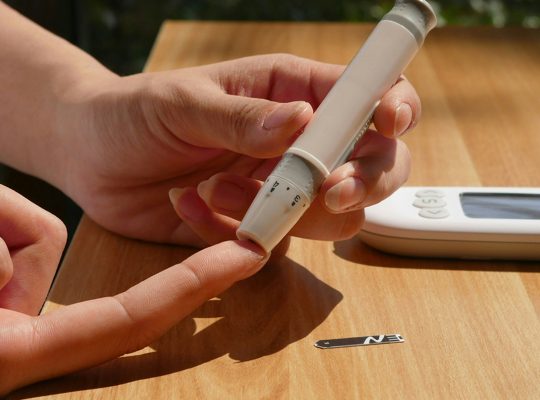Hearing and speech development are inextricably linked. From birth (and even before), sounds play a crucial role in how children learn language and develop speech skills. When a child hears well, he can pick up words and sentence structures and learn how sounds are correctly formed. With hearing problems, however, this development can be disrupted, which can affect communication skills later in life.
How children learn language by listening
Language acquisition begins with listening. Babies begin recognizing sounds, such as their mother’s voice, as early as the womb. After birth, these skills are further developed:
- 0-6 months: Babies respond to sounds and begin to imitate sounds.
- 6-12 months: First words appear, and the child learns the melody and rhythm of language.
- 1-2 years: Vocabulary expands, and simple sentences emerge.
- 2-3 years: More complex sentences and grammatical structures are applied.
Good hearing is essential in this process. When children cannot hear well, they miss crucial auditory information needed to understand and self-produce language.
The impact of hearing loss on speech development
Hearing loss in young children can range from mild to severe and has direct effects on language development. Some possible effects include:
- Delayed speech development: Children with hearing problems often have limited vocabulary and difficulty with grammatical structures.
- Incorrect pronunciation of words: Sounds that are not properly heard may be mispronounced.
- Comprehension problems: Language comprehension lags, especially with complex sentences.
- Problems with social interaction: Limited language skills can lead to difficulties in communication with peers.
Early detection and treatment of hearing problems is therefore crucial to minimize these consequences.
Signs of hearing problems in young children
Parents and caregivers can watch for several signs that may indicate hearing problems:
- Does the child not respond to sounds or do you often call them several times before they respond?
- Does the child have difficulty pronouncing words correctly?
- Does the child show delays in learning new words?
- Does it have difficulty understanding instructions?
- Does the child often look at the speaker’s mouth to understand words?
If any of these signs are noticed, it is wise to have a hearing test performed by an audiologist or an ENT doctor.
The importance of early intervention
Fortunately, hearing problems can be detected and treated early. In the Netherlands, newborns are routinely screened for hearing problems. When a hearing loss is diagnosed, there are several treatment options, such as:
- Hearing aids: For mild to moderate hearing problems, hearing aids can help amplify sounds.
- Cochlear implants: For severe hearing loss, cochlear implants can convert sounds into electrical signals sent directly to the auditory nerve.
- Speech therapy: Children with hearing loss may benefit from speech therapy to improve their language skills.
- Sign language: For children with severe hearing loss, sign language can be an essential means of communication.
Early intervention helps children’s speech development proceed as normally as possible and prevents further delays.
The role of parents and caregivers
Parents and caregivers play an important role in their child’s language development, especially when hearing problems are present. Some ways to encourage language development include:
- Talk to the child a lot: Use simple sentences and repeat words frequently.
- Reading aloud: This helps build vocabulary and language comprehension.
- Eye contact and visual cues: This helps children understand speech better.
- Use of assistive technology: Modern technology, such as FM systems and voice amplifiers, can help improve communication.
By being actively involved in their child’s speech development, parents can have a positive impact on their child’s language skills.
The impact of hearing problems on school performance
Hearing loss can also negatively affect performance in school. Children with hearing problems may have difficulty with:
- Following instructions in the classroom
- Understanding complex learning
- Social interactions with classmates
- Listening skills in busy environments, such as the cafeteria or gymnasium
To overcome these challenges, schools can provide additional supports, such as:
- Specialized teachers or speech therapists
- Use of hearing support technology
- Seats close to the teacher for better intelligible sound
- Additional explanations and visual aids
By employing these measures, children with hearing problems can successfully complete their school careers.
Conclusion
Hearing and speech development are inextricably linked. Children learn language by listening, and hearing problems can have a significant impact on their speech skills, social interaction and school performance. Early detection and intervention, such as hearing aids, speech therapy and parental support, can help prevent language delays. By paying attention to hearing problems and taking appropriate steps, every child can have the opportunity to develop to their full potential.








